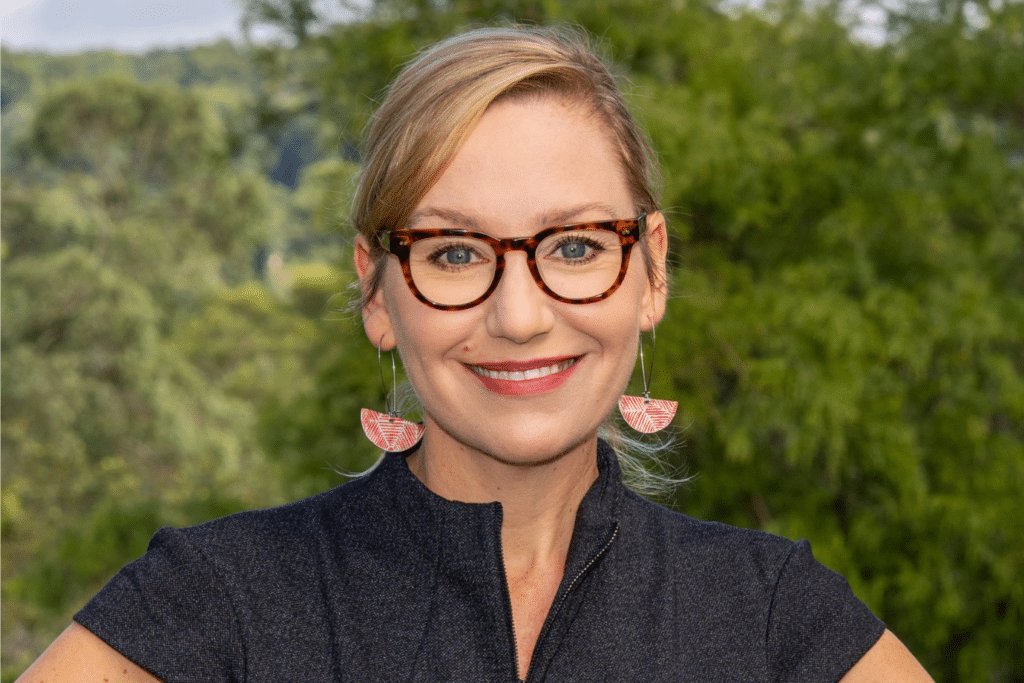The Greens have announced a plan to provide $100 million a year to make abortions affordable and accessible in public hospitals across Australia.
Under the policy, announced by Senator Larissa Waters on Wednesday, the funding will equip public hospitals to provide termination services.
Currently in Australia, many public hospitals do not provide termination services, forcing pregnant people who are seeking abortions to travel or pay for expensive private services. The cost of surgical abortions can range from $500 to as high as $8,500.
The policy looks to ensure that all public hospitals offer abortion services, providing all Australians, particularly those in rural and regional areas, access to essential reproductive healthcare through the public hospital system at no cost.
The policy is also designed to move the conversation around abortion in Australian from legality to accessibility and affordability, and push the Albanese government to do more on the issue.
“Reproductive healthcare must not be a culture war or a postcode lottery,” Larissa Waters said on Wednesday. “No one should fall through the cracks when it comes to accessing vital healthcare. While abortion is now legal across the country, whether or not you can actually access this time-bound healthcare is a postcode lottery.”
“The Greens will always prioritise free safe abortions for everyone across Australia. Access to reproductive healthcare is not just about legality; it’s about health equity and human rights. It should be available, affordable, and stigma-free for everyone.”
Waters highlighted the dire consequences faced by women living in regional and remote areas in the aftermath of recent closures of private abortion facilities. These women “…are left with little choice but to travel hundreds of kilometres and spend thousands of dollars,” she said.
“The Greens will provide $100m per year to equip public hospitals with the personnel and facilities required to provide terminations services,” she continued.
Waters described the decriminalisation of abortion in Western Australia last year as “a monumental victory” before urging the Labor government to “make sure every person in the country can access the reproductive healthcare they need.”
“It is disappointing that Labor has ruled out returning to its 2019 position of requiring public hospitals to provide abortion care as part of federal funding agreements,” she explained. “The Greens will push the next government to do what Labor promised in 2019 and get all public hospitals to provide abortions, and we’ll deliver extra funding to help make it happen.”
“The Albanese Government is more than a year late to respond to the 36 recommendations in the inquiry’s report, Ending the Postcode Lottery. Women cannot afford to wait any longer.”
One of the key recommendations to come out of that report from May 2023 was that all public hospitals should provide surgical pregnancy terminations, or timely and affordable pathways to other local providers.
Caroline Mulcahy, chair of Family Planning Alliance Australia argued that access to abortion close to a person’s home is vital for reproductive choice, and that governments should work together to make abortion accessible.
“Money should not be a factor in the decision to have an abortion or choose to parent, everyone should have universal access to their healthcare choices,” she said in a statement released this morning.”
“Abortion is healthcare and should be available in every public hospital in Australia. Supporting hard working doctors and nurses to provide healthcare and ensure our hospitals are equipped to provide abortions should be a priority.”
“Australians in regional and remote areas should not have to travel hundreds of kilometres for healthcare that could be provided where they live. Any barriers to accessing abortion will impact rural and regional Australians, who should have the same quality healthcare as people living in the city.”


